Specialties
Minnesota Epilepsy Group offers the most comprehensive range of diagnostic and treatment options available.
Minnesota Epilepsy Group is designated as a level 4 epilepsy center – the highest rating by the National Association of Epilepsy Centers.
A level 4 epilepsy center serves as a regional or national referral facility and offers:
- A complete evaluation for epilepsy
- State-of-the-art neurodiagnostic monitoring
- Extensive medical, neuropsychological and psychosocial assessment and treatment
- A broad range of surgical procedures, including subdural electrode monitoring and cortical mapping
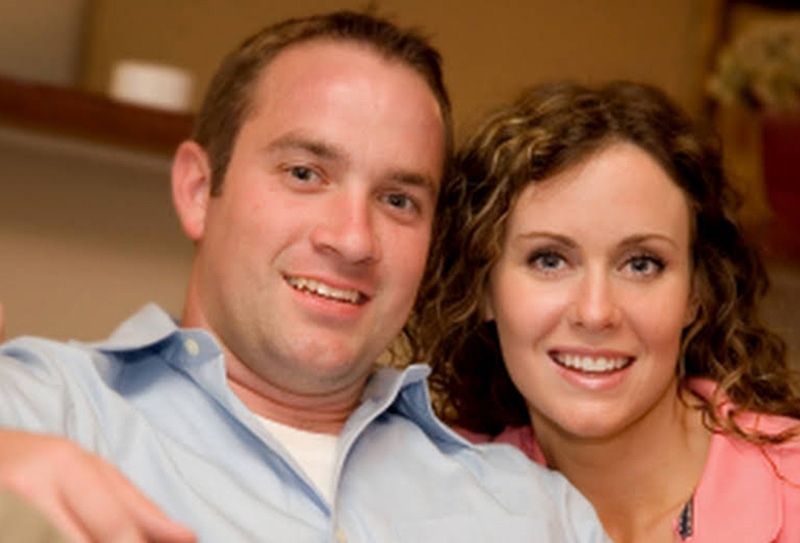
Adult Epilepsy
Our adult program is a national leader in the evaluation and treatment of seizures and related disorders. Annually, our team sees thousands of adult patients in a combined outpatient clinic and dedicated state-of-the-art inpatient monitoring unit.
Pediatric Epilepsy
Our pediatric program is one of the largest of its kind in the nation. Annually, our pediatric team sees thousands of children in a combined outpatient clinic and dedicated state-of-the-art inpatient monitoring unit.
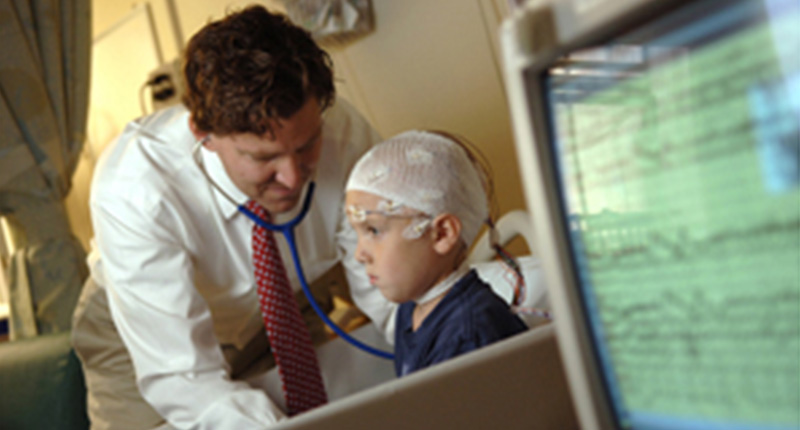
Epilepsy and the Special Needs Population
Visual and hearing impairments, learning disabilities, autistic disorders, behavioral disorders, physical and health impairments, developmentally delayed and attention deficit disorders all complicate the treatment of epilepsy and seizures.
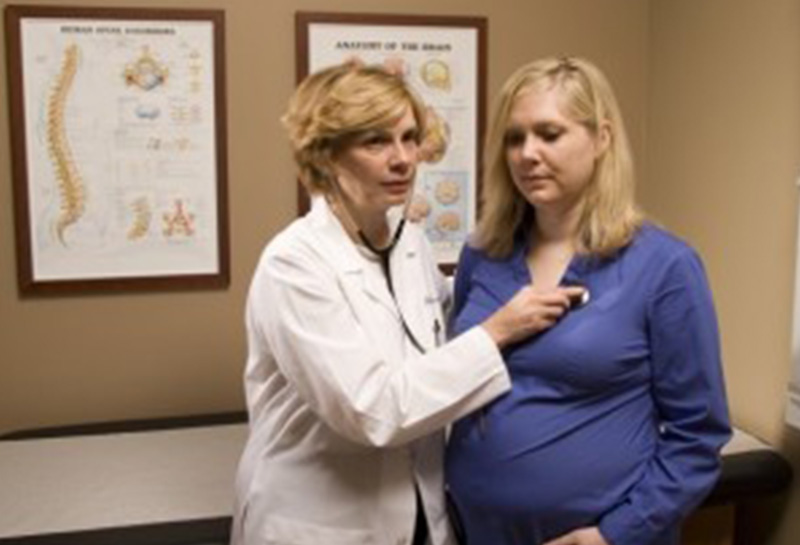
Women’s Issues in Epilepsy
The care of women with epilepsy requires special considerations. Seizures are often linked to the menstrual cycle and menopause. Sexual function and reproductive health may be affected by seizures and anti-epileptic drugs.
Women who have epilepsy and become pregnant have a higher risk for complications than women who don’t have epilepsy. These complications may include an increase in seizures and changes in the effectiveness of anti-seizure medications.
Tuberous Sclerosis Complex – TSC Clinic Without Walls
Tuberous Sclerosis is a genetic disorder that causes tumors to form in many different organs, primarily in the brain, eyes, heart, kidney, skin and lungs. It is often first recognized in children who have two neurological symptoms – epileptic seizures and/or varying degrees of cognitive impairment.
Epilepsy Surgery Evaluations
Brain surgery may be an alternative treatment if anti-epileptic drugs fail. An increasing number of adult and pediatric patients are being referred for surgery. Improved technology has made it possible to identify more accurately where seizures originate in the brain and advances in surgery have made surgical alternatives safer.
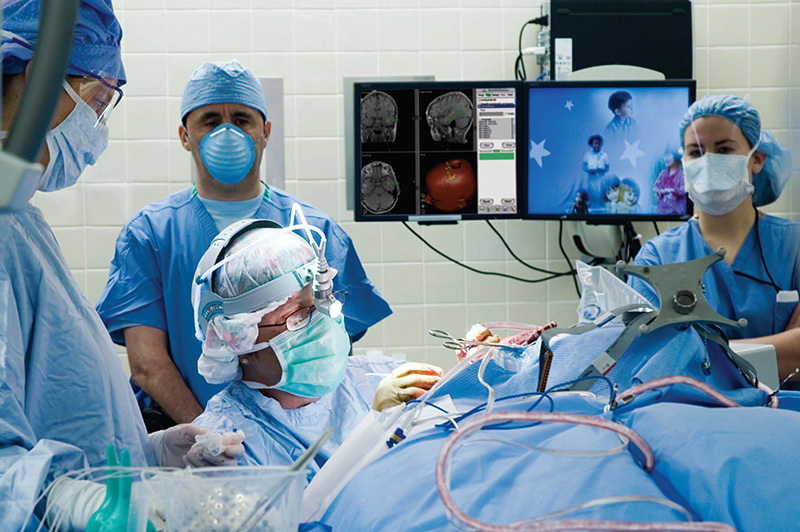
Epilepsy and Sleep
Some people with epilepsy experience seizures only when they are awake, some while asleep and some have a mixture of both. There are many different types of seizures and some are more likely to occur during certain stages of sleep. There are a number of sleep conditions that can be confused with seizures. These include sleep walking, restless leg syndrome, sleep terrors, bed wetting, sleep apnea and narcolepsy. It is important to be correctly diagnosed to ensure that the right treatment is prescribed.
Landau-Kleffner Syndrome
Epileptic Aphasia, otherwise known as Landau-Kleffner Syndrome (LKS), is a rare neurological disorder characterized by the sudden or gradual development of the inability to understand or express language (aphasia) coupled with an abnormal electroencephalogram (EEG). LKS affects the parts of the brain that control speech and comprehension. The disorder is difficult to diagnosis and may be confused with more common disorders such as autism and other learning disabilities.
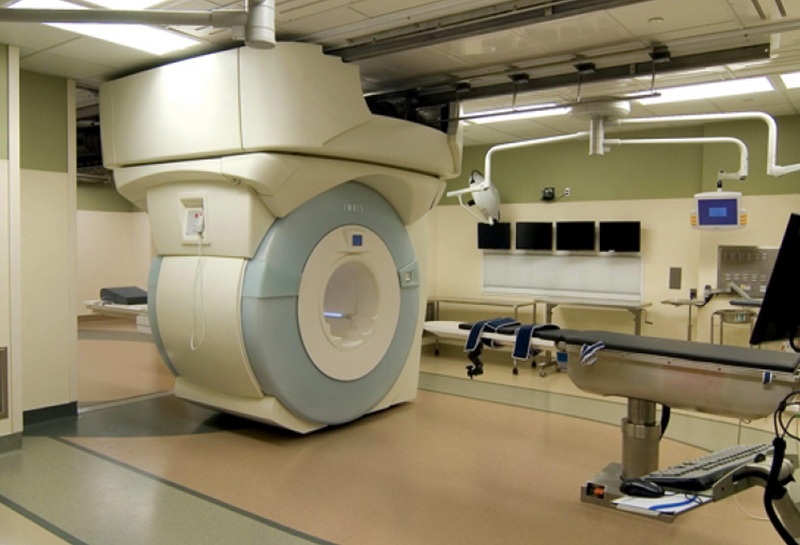
Diagnosis, Care and Treatment of Epilepsy in the Elderly
There is increasing evidence that the prevalence of new-onset epilepsy is higher among the elderly than previously recognized. Because seizures may mimic other conditions, such as transient ischemic attacks or confusion in demented patients, epilepsy often goes undiagnosed in the elderly.
